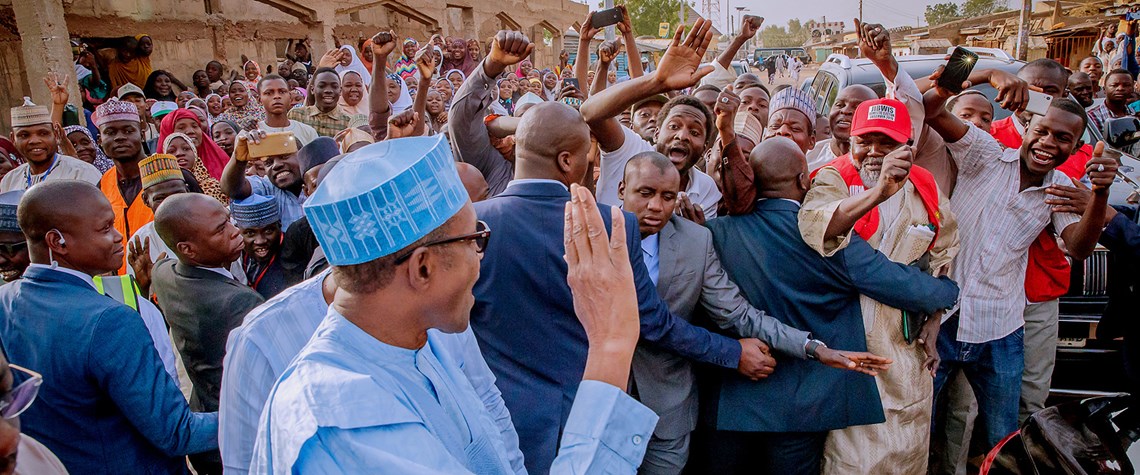Back to business as usual with Buhari
The Nigerian president is likely to remain a difficult partner for oil firms in his second term in office
Muhammadu Buhari's victory in February's presidential elections reinforces the incumbent's control over the development of the Nigerian hydrocarbons sector. But those hoping that stability at the top for another four years could enable long-gestating radical reforms within the industry finally to be enacted may be disappointed. The size of 76-year-old Buhari's win surprised some Nigeria watchers who had expected the main opposition candidate, the 72-year-old businessman Atiku Abubakar, to run him closer. Buhari, representing the All Progressive Congress (APC), took around 56pc of the vote, while Abubakar, leader of the People's Democratic Party (PDP), came second with 41pc. As is customary i

Also in this section
4 March 2026
The US president has repeatedly promised to lower gasoline prices, but this ambition conflicts with his parallel aim to increase drilling and could be upended by his war against Iran
4 March 2026
With the Strait of Hormuz effectively closed following US-Israel strikes and Iran’s retaliatory escalation, Fujairah has become the region’s critical pressure release valve—and is now under serious threat
3 March 2026
The killing of Iran’s Supreme Leader Ayatollah Khamenei in US–Israeli strikes marks the most serious escalation in the region in decades and a bigger potential threat to the oil market than the start of the Russia-Ukraine crisis
2 March 2026
A potential blockade of the Strait of Hormuz following the escalating US-Iran conflict risks disrupting Qatari LNG exports that underpin global gas markets, exposing Asia and other markets to sharp price spikes, cargo shortages and renewed reliance on dirtier fuels







